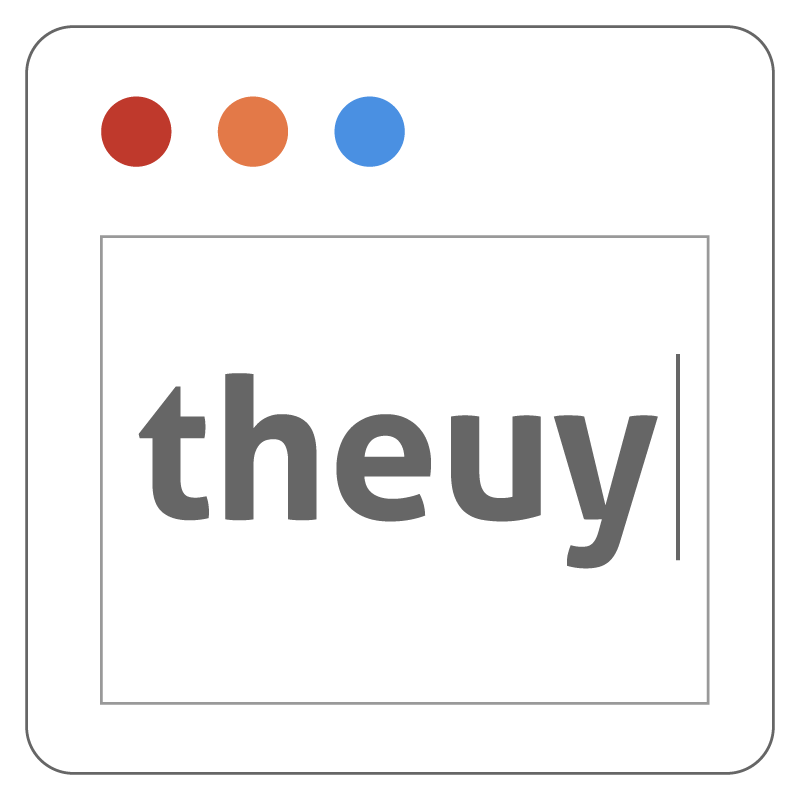Have you ever wondered what the world would look like if we could all exist in a virtual reality? The Matrix and Facebook’s Metaverse are two different visions of this type of alternate universe, both offering an immersive virtual experience to those who enter. In this blog post, we’ll be taking a closer look at the similarities and differences between these two virtual worlds and examining their implications for our own reality.
The Matrix
The Matrix is a popular science fiction movie trilogy released in 1999, 2003, and 2003. Directed by the Wachowskis, it stars Keanu Reeves as Neo, a computer programmer who discovers that the world he lives in is actually a simulated reality known as the Matrix. The Matrix is a simulated world created by machines to keep humans under their control. Within the Matrix, all humans are enslaved, unaware that their everyday reality is an elaborate computer program designed to keep them in servitude.
In the Matrix, humans are connected to a giant network of computers that form a virtual world known as the Matrix. It is a simulated reality created by machines to keep humans docile and under their control. This false world has its own set of rules, which allow the machines to manipulate humans without them being aware. Inside the Matrix, Neo discovers he has superhuman abilities that he can use to fight against the machines. He joins forces with a group of other human rebels and sets out on a mission to free humanity from the Matrix and its oppressive rule.
The Matrix trilogy is known for its innovative special effects and captivating storylines. It remains one of the most successful science fiction franchises in history, inspiring numerous spin-off movies, comics, video games, and TV series. The Matrix has become an iconic representation of rebellion and freedom from oppression, capturing the imaginations of generations.
Facebook's Metaverse
Facebook’s Metaverse is an upcoming virtual reality platform that allows users to access a three-dimensional world populated with avatars, objects, and environments. It is designed to be a complete digital universe where people can communicate and interact in real time.
At its core, Facebook’s Metaverse is built on the idea of a shared virtual space where people can connect and engage with one another in new and innovative ways. People will be able to use avatars to represent themselves, as well as create and customize their own personal spaces within the Metaverse.
In addition to being able to communicate with others, people will also be able to build and develop new content for the Metaverse. This includes creating games, interactive experiences, and other content that can be shared among all users.
As the Metaverse continues to grow and evolve, users can expect a wide range of features and benefits. For instance, it could eventually become a place where people are able to buy and sell items, conduct business, and even rent out their own personal spaces within the Metaverse.
The possibilities for what people can do within the Metaverse are virtually limitless. Facebook has made it clear that they intend to create a fully immersive and interactive experience that not only allows people to socialize, but also lets them create, explore, and discover new opportunities. It will be interesting to see how this virtual world develops over time.
Comparison
When comparing The Matrix and Facebook's Metaverse, there are a few key differences between them. The Matrix is a virtual world of computers and programs that exists inside the minds of humans who have been connected to it. It is a place where people can explore, find meaning, and create their own reality. On the other hand, Facebook's Metaverse is a much more expansive and ambitious virtual world, which will be used as a platform for people to interact, build relationships, and share experiences.
The Matrix is a construct that is based on computer programming, and its rules are set in stone. It is an artificial, simulated environment with limited possibilities and opportunities for exploration. Facebook's Metaverse, however, is much more open-ended, allowing users to customize their experience and explore the world in a much more dynamic and interactive way. Additionally, users can build their own virtual spaces in the Metaverse, creating and developing their own stories, worlds, and activities.
Facebook's Metaverse also offers a more immersive experience than The Matrix does. In the Matrix, users are confined to one area and can only move around within that area. In the Metaverse, however, users can explore different parts of the world, participate in events, and have meaningful interactions with other users.
Finally, The Matrix is limited by the fact that it exists only within the minds of the connected humans. This means that the possibilities of what can be created are limited and not completely up to the user's imagination. In contrast, Facebook's Metaverse gives users almost limitless possibilities for creating their own experiences.
Overall, The Matrix and Facebook's Metaverse differ greatly in terms of capabilities and user experience. While The Matrix provides a unique world with limited exploration opportunities, Facebook's Metaverse offers an immersive and customizable experience with almost limitless possibilities.

